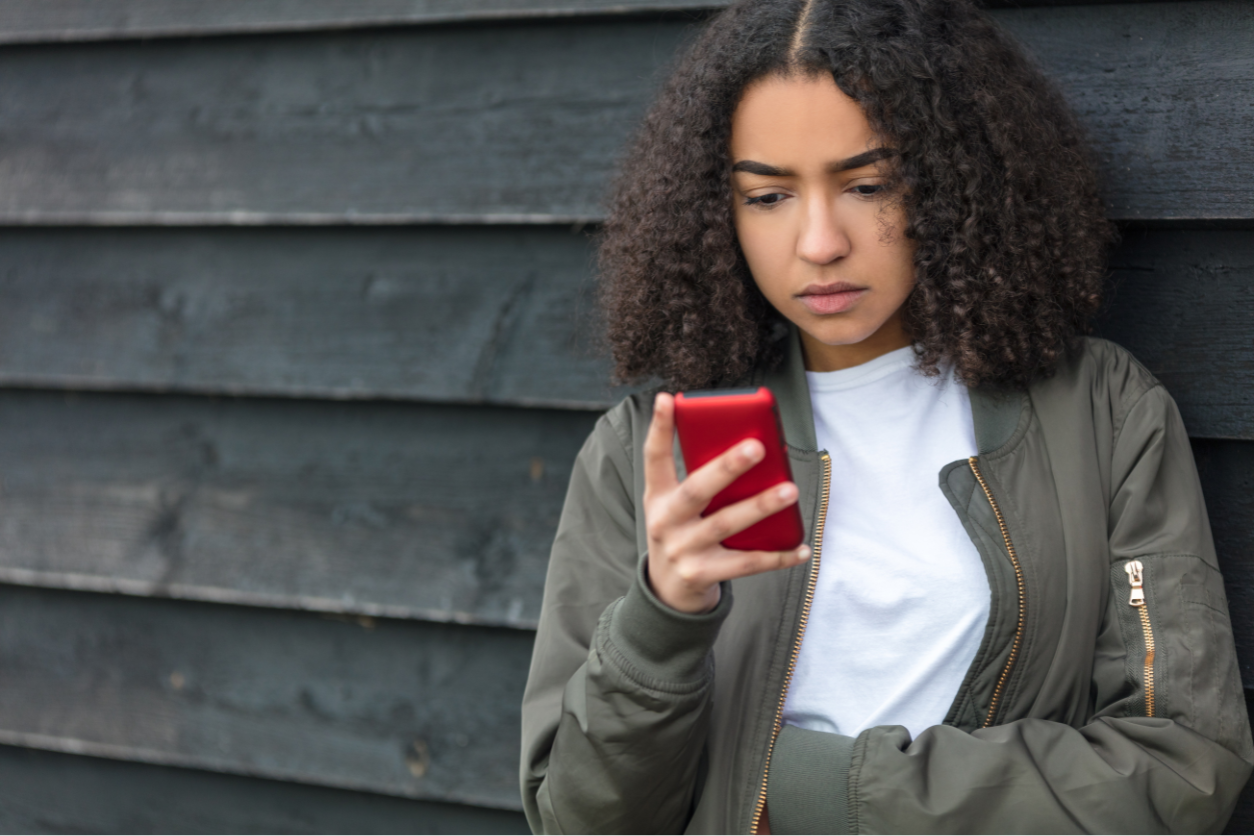The internet is a great place to learn, play, and connect with others, but it’s also important to know how to stay safe. Whether you’re gaming, chatting, using social media, or researching for school, understanding online risks and how to protect yourself helps keep your information private and your experiences positive.
-
Protect your personal information: Never share personal information like your full name, address, school, or phone number online. Be careful about what you share on social media too – once something is posted, it can be very hard to take back.
-
Be careful who you trust: Not everyone online is who they say they are. If someone you don’t know starts messaging you or asking for personal details, think carefully before responding. It’s okay to block or ignore them.
-
Use privacy settings: Most apps and social platforms have privacy settings that let you control who can see your posts, pictures, and personal information. Make sure your settings are set to "private" so only people you trust can access your profile.
-
Think before you share: Before you post photos, videos, or comments, think about who might see them and how they could be used. Posting something online is a bit like sending a postcard – once it’s out there, it’s hard to control who reads it.
-
Avoid meeting people you only know online: If someone you met online wants to meet up, tell an adult you trust. It’s always better to be cautious, and meeting someone in person can be dangerous.
-
Watch out for scams and phishing: Scams are common online. Don’t click on links or open messages from people you don’t know. Scammers might try to get your personal information or trick you into spending money.
-
Take care of your mental health: Social media can sometimes make you feel like you’re not good enough or that everyone else’s life is perfect. If you’re finding that social media makes you feel low, take a break or unfollow accounts that are making you feel down.
If something happens online that makes you feel uncomfortable, unsafe, or worried, it’s important to reach out to someone you trust. You could talk to a parent, teacher, school nurse, or another trusted adult. Remember, there are also services that can help.
-
Report abuse: Most social platforms have options for reporting abusive behaviour. Use these tools to report any harassment, threats, or inappropriate content.
-
Block the person: If someone is bothering you, you can block them to stop them from contacting you again.
-
CEOP Education: A great resource from the National Crime Agency offering advice on staying safe online, including tips on social media, gaming, and how to deal with online grooming. 11–18 – CEOP Education.
-
UK Safer Internet Centre: Offers advice and resources on staying safe online for young people and parents. Home – UK Safer Internet Centre.
